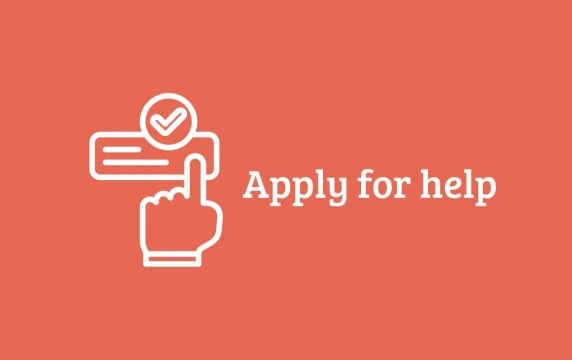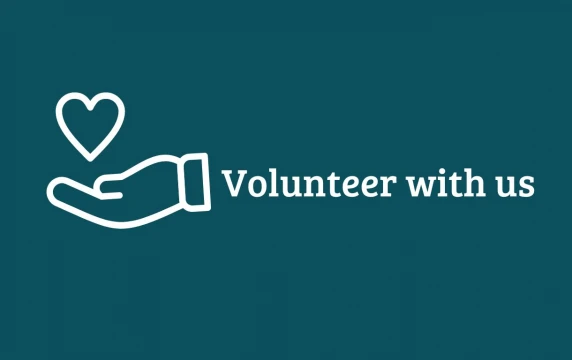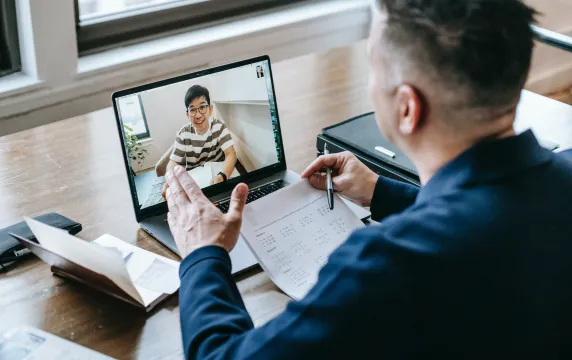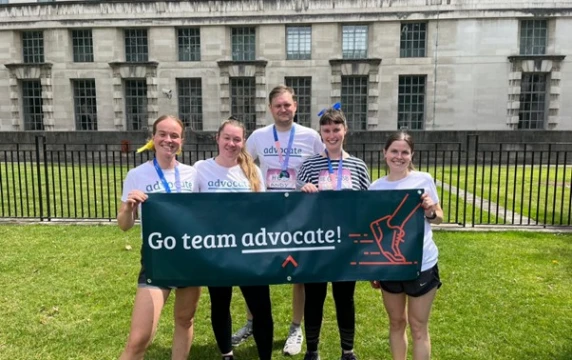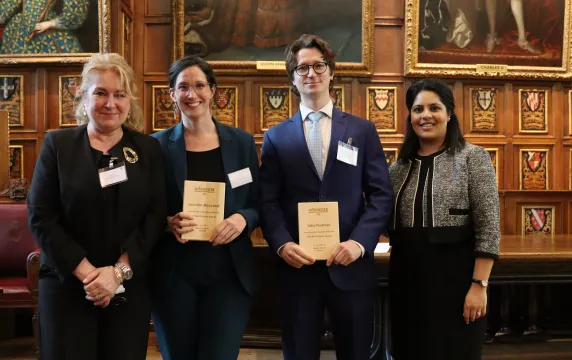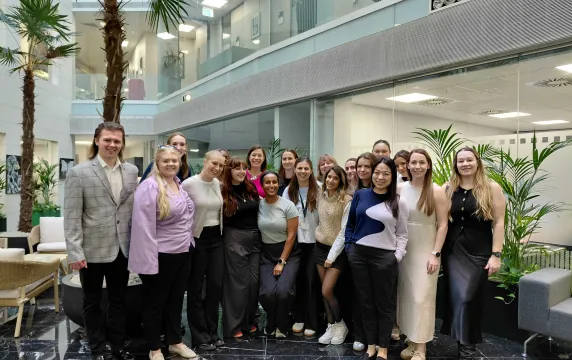At what stage in your career did you take on your first pro bono case?
The first case I took on as a practising barrister was a pro bono immigration bail hearing for a client. I instructed through Bail for Immigration Detainees (BiD). After six months of watching the incredible advocacy of my pupillage supervisors and other barristers in my chambers I was itching to take on hearings. So, when the request from BiD came, for a hearing scheduled for the first day of my second six pupillage, I jumped at the opportunity.
Why did you decide to undertake pro bono work?
The reason I wanted to become a barrister was to help people in a practical and direct way. By taking on pro bono work, I assist clients by providing them with representation where otherwise it would not be available. I also think pro bono work can offer excellent professional opportunities.
What was the most memorable case you worked on, and what did you do?
The most memorable pro bono case I have done was an immigration appeal for a Congolese doctor I took on this summer. She had worked as a nurse in hospitals throughout the pandemic but was facing removal because she had been unable to pay a debt to the NHS. She had incurred the debt for having received lifesaving treatment in a short period when, for reasons beyond her control, she had not paid the necessary NHS surcharge. It was rewarding to help someone who had done such important work, while putting her own life at risk, yet who was being treated so unjustly.
What effect did pro bono work have on your career?
Pro bono work has helped me gain insightful and important experiences in my practice areas. In turn, it has helped me to build my practice, as these (pro bono) experiences enable me to confidently take on similar work from solicitors with whom I have then developed lasting professional relationships.
What advice would you give to any barrister unsure about whether to start doing pro bono work?
I cannot encourage barristers strongly enough to take on pro bono work. Even if you cannot afford to invest much time, even an hour or there – for example to review or amend particulars of claim – can have a huge positive impact on an unrepresented person. I also think that the privilege of belonging to such a purposefully exclusive profession should be used to benefit those unable to pay for our services. Of course, in an ideal society no one should be left without representation but sadly there are gaps and it does fall to our good will sometimes to plug those gaps where we can.

